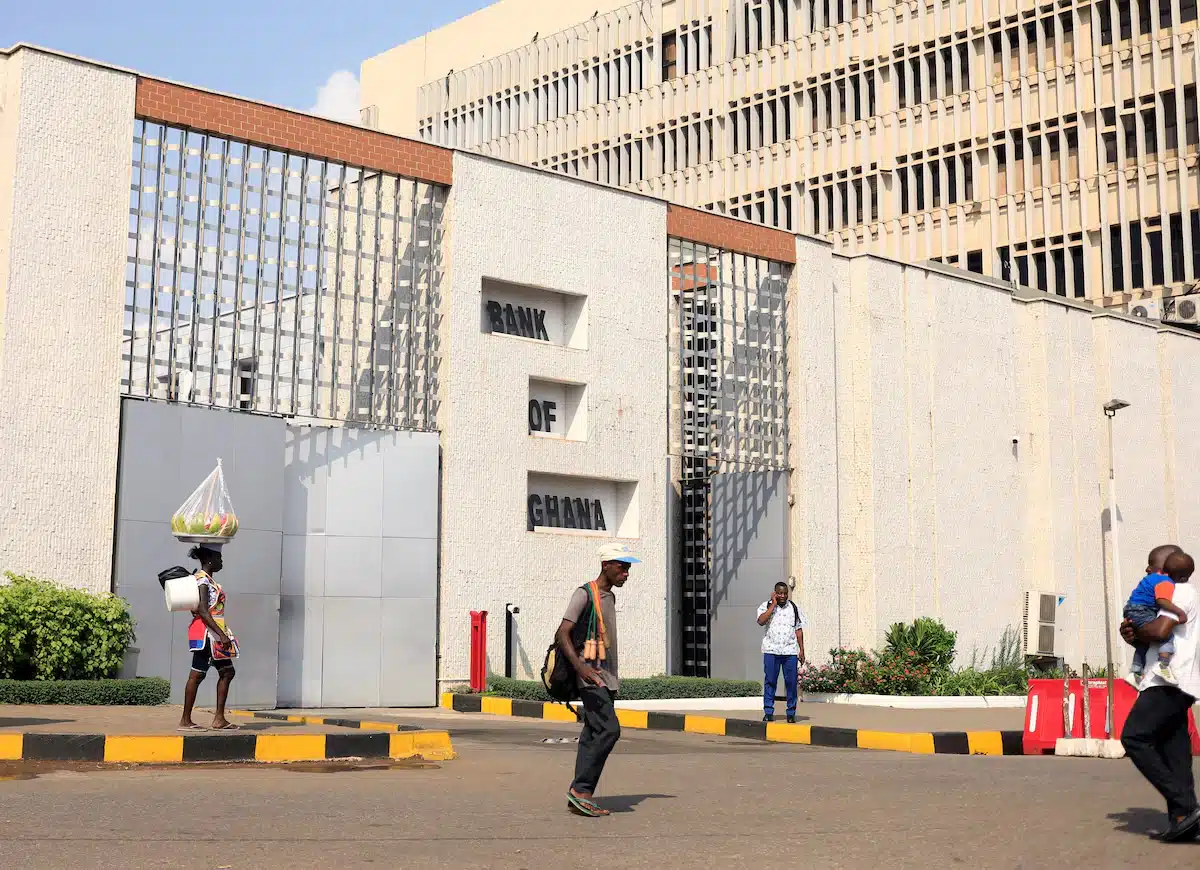Egypt’s non-oil private sector continued its slide in April, dragged down by soft demand and falling output, according to new data from S&P Global.
The latest Purchasing Managers’ Index (PMI) dropped to 48.5 from 49.2 in March—its lowest level this year—signalling a deepening contraction in private sector activity.
S&P Global’s April survey, published on Tuesday, attributed the downturn to declining customer orders and weakening sales in both domestic and international markets.
As new business volumes shrank, companies scaled back output, cut purchases and reduced staff for the third consecutive month.
“Business activity weakened for the second month running in April as firms highlighted an additional drag from falling sales,” said David Owen, Senior Economist at S&P Global Market Intelligence.
“Some companies signalled that weakness in international markets had hit business confidence and spending.”
While demand fell, cost pressures surged, mainly due to a 15% increase in fuel prices. Input costs rose at their fastest rate in four months, reversing March’s temporary reprieve.
Firms also reported higher labour and material costs. Despite this, average output prices remained flat—the first time in nearly five years that companies did not pass on rising costs to customers—indicating a fragile pricing environment.
The report noted that businesses were cautious in the face of weaker demand, holding off on hiring and limiting inventory purchases.
Purchasing activity declined at the sharpest rate since October 2024, and staffing levels fell for the third month in a row.
There was one silver lining: supplier delivery times stabilised in April, after two months of improvement. Backlogs of work also declined, as firms were able to meet subdued order volumes more quickly.
Looking ahead, business confidence edged up to a three-month high, though it remained below the long-term trend. Firms expressed cautious optimism that market conditions might improve in the coming year.
April marks the fourth straight month of PMI contraction for Egypt’s non-oil economy, reflecting persistent structural challenges and external pressures. The PMI index has remained below the 50.0 neutral threshold since the beginning of 2025.










